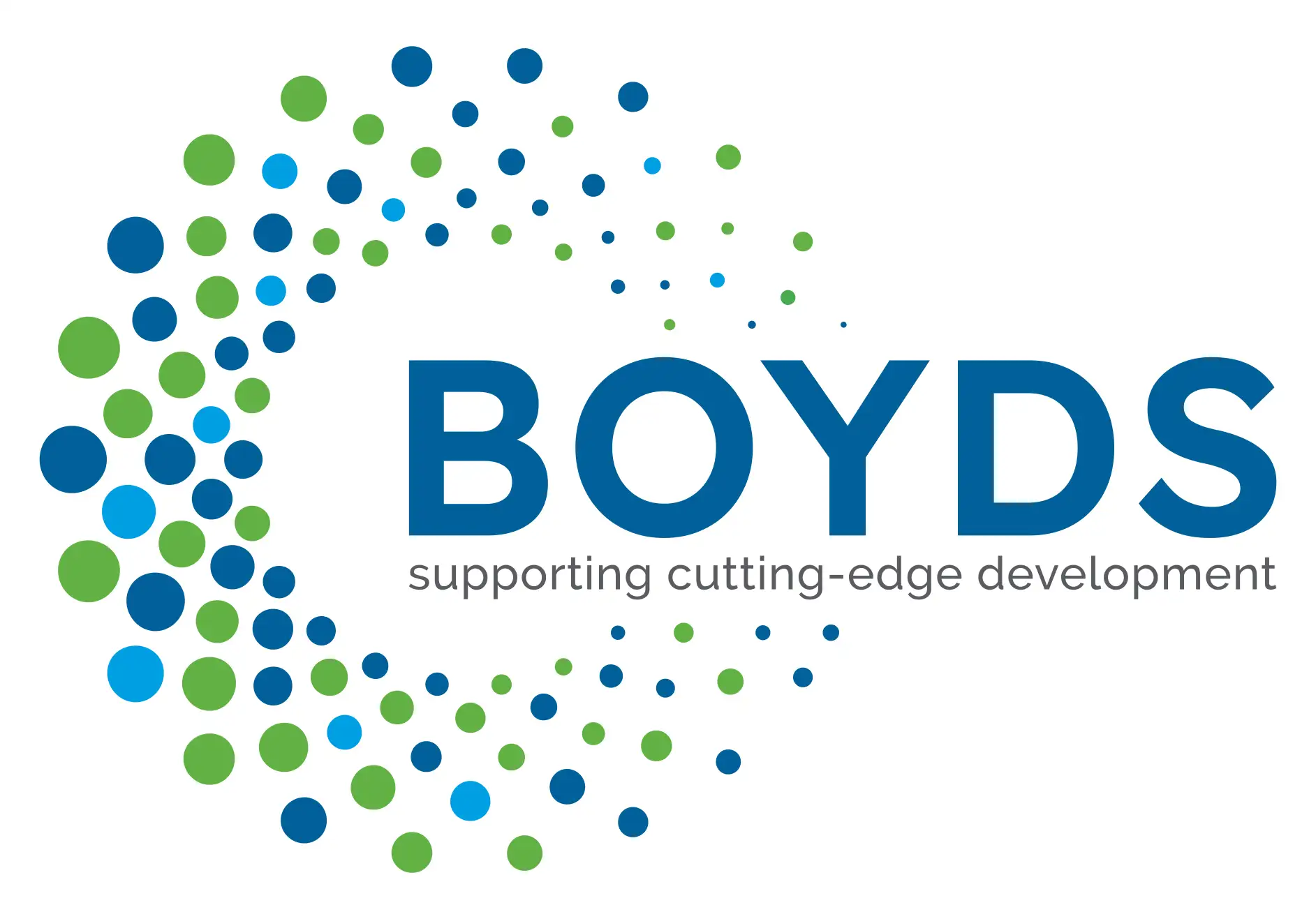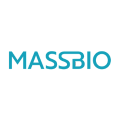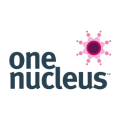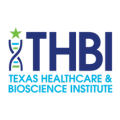Huge leaps forward in the development of cell and gene therapies have been made over the past few years, progressing the development of new treatments for diseases that were considered untreatable only a decade ago.
In recent weeks there has been a significant flow of positive news about different types of advanced therapies. It was reported in the news in May that Emily Whitehead, one of the first patients ever to receive a chimeric antigen receptor T-cell (CAR-T) therapy, has now been cancer free for over 10 years. This is an incredible achievement, given that at the point of treatment her life expectancy was only a few weeks. Kymriah® (tisagenlecleucel), the medicine that Emily received, has since been approved in countries across the world. Most recently Novartis, the manufacturer of Kymriah®, updated their five-year relapse free survival data to 44%, offering hope to patients that previously wouldn’t have received anything other than palliative care.
Leading US gene therapy company, Bluebird Bio, has received double positive news in the United States. When reviewing the data for both beti-cel for the treatment of beta-thalassemia and eli-cel for treating cerebral adrenoleukodystrophy, the US FDA cell and gene therapy advisory committee gave unanimous support for these products. The next step for both of these medicines is for the FDA to complete its review for Biologicals License Application (BLA) which are due later this year.
A recent exciting development from Sernova was data from a Phase I/II clinical study demonstrating efficacy for an implantable Cell Pouch System™ producing insulin to treat type 1 diabetes, resulting in three treated patients being insulin independent for up to 2 years. Since patients with insulin-dependent diabetes have to self-inject with insulin daily, this new treatment represents a hugely positive change in patient quality of life.
Successful development of products such as these is challenging and needs an experienced team to deliver. Boyds has extensive experience supporting companies developing advanced therapies during many stages of the development process, from discovery through to clinical trials and regulatory approval. To find out more about how Boyds can support your drug development programme, contact a member of the team.










